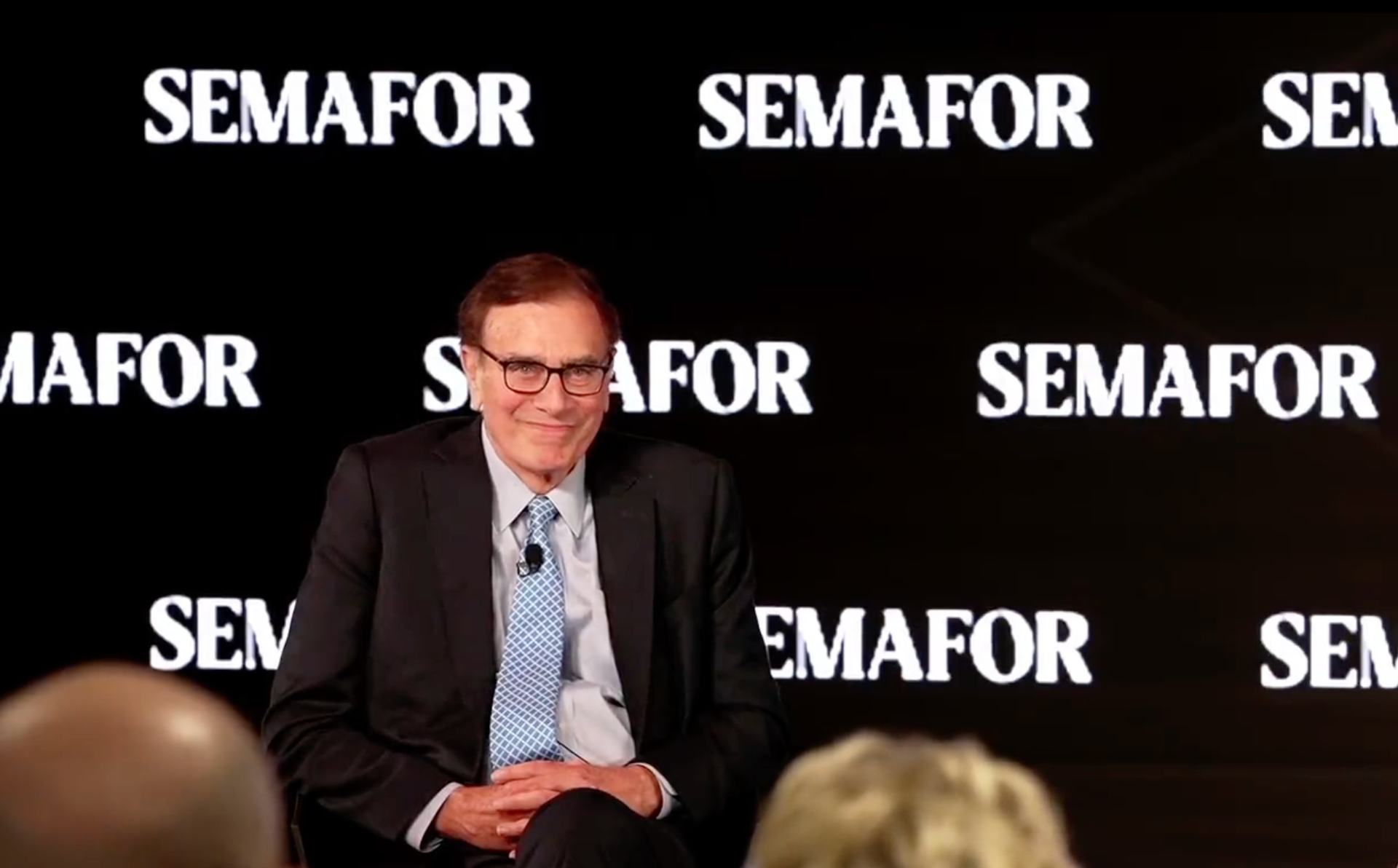The News
Digital news startup The Messenger is shutting down less than a year after the company launched.
A source familiar with the company’s plans confirmed the decision was made on Wednesday afternoon to shutter the digital news outlet.
In a note to staff obtained by Semafor, Finkelstein said that he spent the last month attempting to raise money to keep the publication running, but disinterest from potential investors and general “economic headwinds” made it impossible.
“I want to apologize for being unable to find a way through,” he said. “Thank you for your unwavering dedication and hard work. I wish everyone well in their future endeavors.”
Wednesday’s decision caps a remarkable implosion for a company that raised $50 million last year with ambitions to hire 550 journalists and win over millions of readers which it said would translate to major advertising revenue. CEO Richard Beckman told the New York Times in an interview around its launch that it would generate $100 million this year through advertising and events. Finkelstein also hoped to replicate the success on YouTube that his previous company the Hill found with its show “Rising,” which he said at one point generated $6 million in revenue.
Know More
The Messenger made a big bet on a form of digital media that is on the way out: Fueled by traffic from social media and search engines, and dependent on enormous scale to sell advertising.
But the project was beset with problems from the start. Its plan to build a massive newsroom quickly backfired, burdening the company with large costs: According to a leaked balance sheet, the company spent millions of dollars on travel and entertainment last year alone. It wasn’t able to generate enough revenue from advertising, and its events and digital video businesses never got off the ground.
By December, the company’s leadership was aware that it was in deep trouble. Semafor first reported that the board of the startup news organization The Messenger weighed shutting the publication down at a meeting in December, after learning that it was on track to run out of cash at the end of January (The company disputed the report at the time).
In the subsequent weeks, the Messenger has swiftly attempted to cut costs in response to its financial woes. It laid off two dozen staffers at the beginning of the month. Other staffers headed for the exits voluntarily amid public reports of its dwindling reserves.
In recent weeks, the founder has been candid with staff about the financial challenges facing the company. In a recording of a call on January 5 obtained by Semafor, Finkelstein told editorial employees that he needed to raise $15-20 million in the next two weeks, and noted that recent ominous headlines about the company’s future had imperiled advertising efforts, saying that one advertiser said they were withdrawing from a previous deal due to the uncertainty. In the same meeting, Asked how much runway the company had without a large infusion of cash, the CEO was direct.
“Not that long,” he said.
But Finkelstein was increasingly frustrated with leaks, which he said were damaging attempts to raise money. According to multiple sources, he increasingly kept top editorial staff in the dark about the outlet’s future.
After the New York Times first reported on Wednesday that the Messenger would be closing, numerous staffers jumped into the company’s Slack to ask managers if the news was true.
“I am not in the loop,” editor-in-chief Dan Wakeford replied. “Trying to find out now.”
Notable
- The Messenger hired the reigning traffic genius of the social media age, Neetzan Zimmerman, to build its reach. His 2012 Gawker post “How You Make Something Go Viral” is a marker of the era.
- The Messenger’s woes “highlight the difficulty of starting a media company reliant on digital advertising,” The New York Times’s Ben Mullin wrote in a detailed look at its financial straits.
- The Messenger absorbed Grid, another unsuccessful recent startup, and with investment from the UAE media powerhouse IMI.

